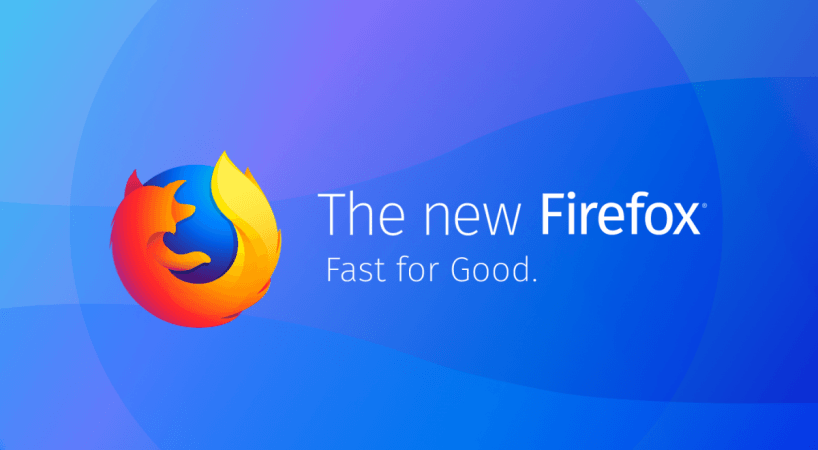
Mozilla reported that it will support Google's compacted WebP image format in its Firefox web browser, leaving Apple's Safari as the only browser which doesn't yet support it.
Due to its open source nature, the Firefox WebP support comes easy for Mozilla. However, due to Apple's arrangements, outsider iOS programs — even Google Chrome — must use the same web engine as used on Safari.
Firefox WebP support follows suit to Microsoft's announcement that it will support WebP in Edge, the default web browser which comes pre-loaded with Windows 10.
WebP is a modern version of Google's older VP8 video format which was released in 2010 by Google as a new open standard for web graphics, offering smaller sizes for proportional quality to JPEG. Metadata and animation support was included in 2011, with transparency feature added in 2012.
Google asserts that PNG to WebP changes result in 28 percent to 45 percent decrease in document size, which makes the browsing speed much faster.
Apple resists supporting configurations established by its competitors, at times affecting the end-user experience. The Apple TV 4K can't play YouTube videos in 4K resolution, for instance, because tvOS is feeling the loss of Google's VP9 codec. For a TV priced so high, the inability to watch 4K videos is a huge turn-off.
In 2016, test variants of iOS 10 and macOS Sierra quickly supported WebP, but Apple later backtracked for reasons known just to itself — but are likely identified with the company's likeness of HEIF as a standard.
On the Mac, Pixelmator supports the format, and for Photoshop, the support can be included by installing a third-party application. This is quite inconvenient and may cost a user a lot of time and effort for features which otherwise should have been automated.
















